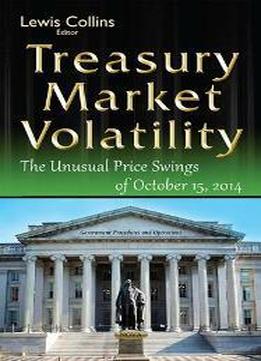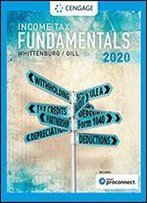
Treasury Market Volatility : The Unusual Price Swings Of October 15, 2014
2016 / English / PDF
2.9 MB Download
The U.S. Treasury market is the deepest and most liquid government securities market in the world. It plays a critical and unique role in the global economy, serving as the primary means of financing the U.S. federal government and acting as a significant investment instrument and hedging vehicle for global investors, among other uses. On October 15, 2014, the market for U.S. Treasury securities, futures, and other closely related financial instruments experienced unusually large price swings, including a very rapid roundtrip during a 12-minute interval. This volatility occurred despite the absence of any particular financial or economic developments that might explain such large moves. Such significant and unexplained volatility in the important U.S. Treasury market called for more substantive analysis. The staff of the Treasury Department, the Board of Governors of the Federal Reserve System, the Federal Reserve Bank of New York, the U.S. Securities and Exchange Commission, and the U.S. Commodity Futures Trading Commission worked together to analyze data from the three main trading venues for the Treasury market in the creation of this report. This book provides an overview of the U.S. Treasury market, liquidity, and applicable regulations. It explores the events of October 15, including the two defining traits of the day—the unusually high volatility and round-trip in prices despite the lack of an obvious driver, and the strains in liquidity conditions especially during the event window; discusses the key findings from the analysis of participant-level transaction data, with a particular focus on the period leading up to and including the most volatile period of the day, the 9:33 to 9:45 a.m. ET event window; reviews broad changes to the structure of the Treasury market over the past two decades; and explains the events of October 15 underscore the importance of efforts by the official and private sectors to understand more fully the implications of the 6 evolving Treasury market structure for liquidity, trading and risk management practices, data access, and monitoring and surveillance.











